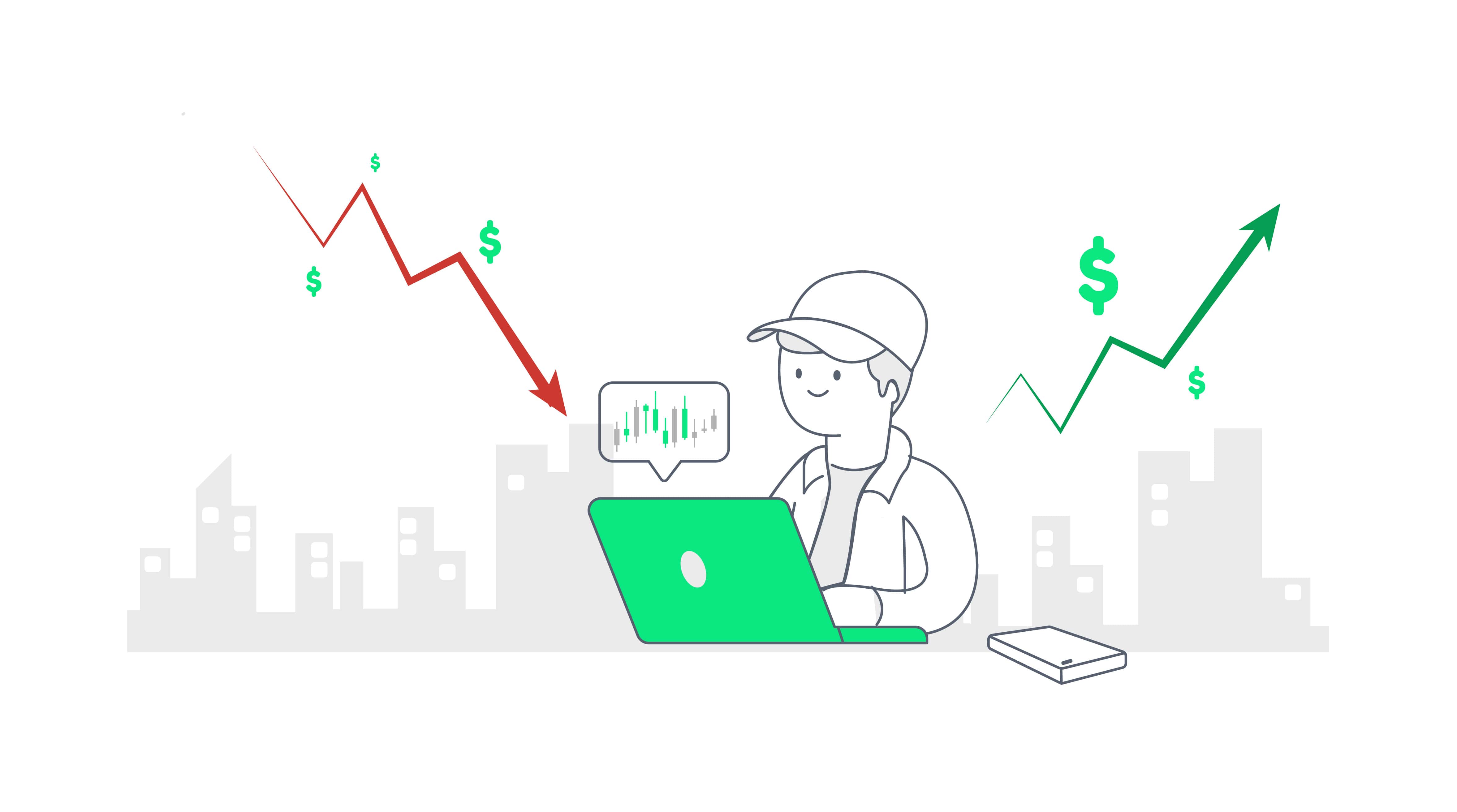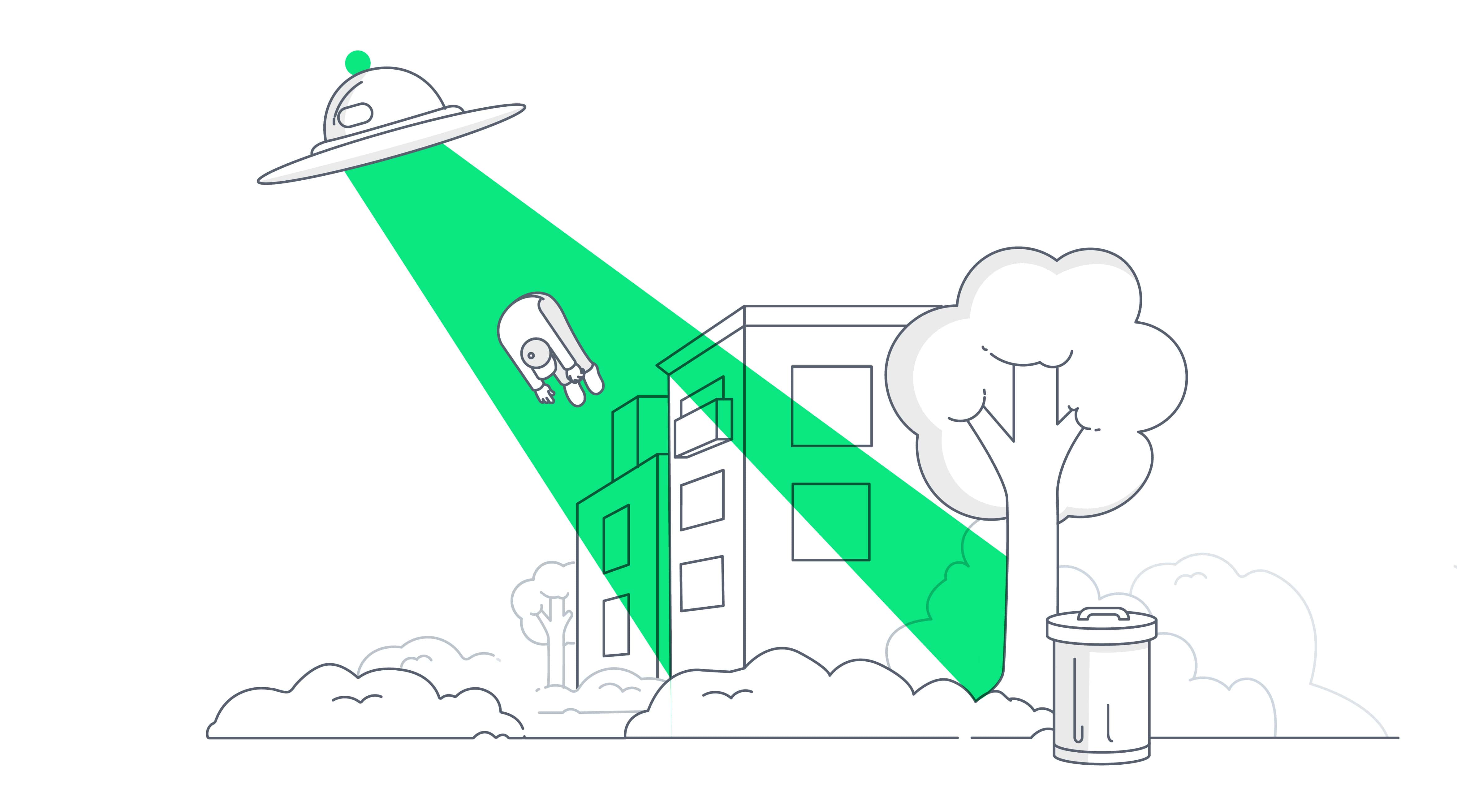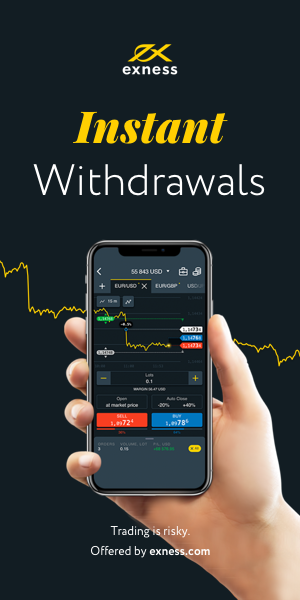The 'Rug Doctor' who advises crypto investors against 'horrifying' DeFi scams- PipsHunt
A self-described "doctor" has a lesson she'd like to teach investors about decentralized finance (DeFi), an increasingly popular lending sector that's become a battleground against cryptocurrency-related fraud.
Even the most experienced DeFi players can find themselves wrong-footed by hacks and fraud. Yet retail investors in the sector are hungry for basic fraud protection, giving rise to a new breed of "vigilantes" and startup businesses to address the demand.
Over a year ago, one Silicon Vally couple lost around $200,000 to a DeFi scam. Assuming the online pseudonym "The Rug Doctor," the wife — who spoke to Yahoo Finance on the condition of anonymity.
Now runs a crypto rating firm that warns when new projects might scam investors blinded by the promise of big returns.
In late 2020, a friend introduced the couple to DeFi, who had invested in cryptocurrency years before, and they quickly found DeFi compelling. The product offered variations on crypto lending where investors could reap yields anywhere from 50-300% APY.
Intoxicated by the returns from “staking” crypto with protocols, the couple quickly bit — and eventually discovered MoltenSwap, a project that promised an outlandish 3,000% annual percentage yield (APY).
“My husband promptly jumped all in, six figures of his money. He got scammed immediately and lost around $200,000.
It was horrifying,” the Rug Doctor told Yahoo Finance by phone. Her pseudonym is a play on a term where crypto developers lure in investors, only to 'pull the rug' and bail with the money.
Whether from the fixation of high returns, or the hope that they might somehow recover the funds, the couple refused to quit DeFi.
Over several weeks, the Rug Doctor immersed herself in arcane smart contract details and got informed about how they actually work.
At its November peak, the market capitalization of all DeFi tokens comprised just under 6% of the total crypto market. But that belied breathtaking growth in the crypto segment, which has made some regulators nervous.
According to research firm Fundstrat, over 2021 DeFi coin market cap ballooned from $1.7 billion to $170 billion, with capital that flowed into DeFi protocols from May 2020 to the end of 2021, skyrocketed from $1 billion to $250 billion.
Leveraging blockchain-based smart contracts, “DeFi strives to create a more accessible, efficient, and transparent financial system,” Fundstrat wrote in a recent report.
By learning a programming language called Solidity that's used in most smart contracts, the Rug Doctor found she could actually evaluate projects in ways akin to reviewing a company's financial statements.
Leaning on programming experience from her Ph.D program, she taught herself how to review smart contracts.
She started reviewing a project's smart contracts before she and her husband allocated their funds — and found lots of scams.
That prompted her to start publishing her reviews over social media, and the free content quickly took off: By the end of the summer of 2021, the Rug Doctor's review had morphed into a full-on business model.
More Popular News
Coinbase CEO Says Ordinary Russians Using Bitcoin as ‘Lifeline’
Lemniscap, Jump Crypto Lead $4M Bet on GameFi Firm metaENGINE
Oil jumps 3% on choked Russian supply as trade Finance Dries Up
The Rug Doctor stated, "While I can’t claim a project I let advertise on the platform will do well, I can at least be pretty certain it’s not going to hurt users, which the users appreciate."
The company now employs 30 people across the world, including a number of college students based in Malyasia, a communications professional in London, and a grandmother living in Thailand.
Eight Rug Doctor employees work full time reviewing smart contracts and assign a “risk rating” for how likely a given protocol is to “rug pull” its investors. They also run basic Know Your Customer (KYC) checks on each project's team.
The business offers a basic risk mitigation resource for investors trying to avoid scams but monetizes website traffic by offering to advertise to vetted projects.
Positive reviews or “badges” can still be nabbed by illegitimate projects, but hundreds of investors use Rug Doctor's research.
When they catch a project unfairly using a "reviewed by Rug Docs" badge, they alert the company, which will mark the project as an unvetted investment.
Newer investors may not be as plugged in as older ones, but the founder said Rug Docs still offers one of the better free alternatives for scam protection in the market.
“While I can’t claim a project I let advertise on the platform will do well, I can at least be pretty certain it’s not going to hurt users, which the users appreciate,” the Rug Doctor told Yahoo Finance.
While hackable software vulnerabilities can pose hidden yet costly risks for even the most competent DeFi teams, retail investors within the space also seek basic fraud protection and a number of pseudonymous vigilantes and tax-paying businesses have sprung up to meet the demand.
As cryptocurrency products have taken off, efforts are unfurling to curtail the money online fraudsters are able to squeeze from unsuspecting investors.
Regulators, and people like the Rug Doctor, have tried to warn investors intoxicated by high returns, but in volatile and opaque crypto markets, it's impossible to catch every scam.
In particular, DeFi has landed in the crosshairs of Securities and Exchange Commission Chairman Gary Gensler, who has vowed to protect investors and hold firms accountable for what they're selling.
Recently, the SEC announced crypto company BlockFi had paid $100 million to settle allegations over high-yield interest-bearing products.
 Revealed In 2022 Revealed In 2022 Best Day Trading Strategies for Beginners |
The same day, the agency released a bulletin warning investor that companies offering interest-bearing accounts might look like those offered by a bank or credit union, but aren't nearly as safe.
According to Bankrate, the peer-to-peer lending platform Lending Club offers the most competitive interest-bearing savings account this month, with yields of 0.65%.
Lending products from crypto companies like BlockFi and others often give customers 8% APY, or even higher.
Meanwhile, in the much newer DeFi markets, similar crypto fixed income strategies promise higher yields that border on the outlandish.
“Many are attracted to the high returns but remain wary about avoiding hacks and other smart contract risks that could negatively affect their performance,” Jerry Sun, an analyst with crypto research platform, Messari, told Yahoo Finance.
The dynamic, according to Sun, makes investors ravenous for better information. As a report in The Block recently noted, Wall Street is boosting its crypto research capabilities in an effort to feed investors hungry for reliable information.
- Yahoo Finance

















